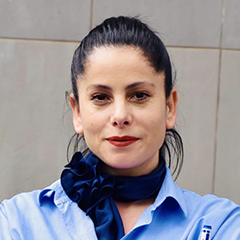 Dr Teuta Hazizi, University of Elbasan “Aleksandër Xhuvani”, Albania
Dr Teuta Hazizi, University of Elbasan “Aleksandër Xhuvani”, Albania
Read the blog which details how the project will explore the innovative ways in which AI can be used to promote ESD.
Increasing and enhancing the provision of education for sustainable development (ESD) enables transformative learning for students, empowering them to become change agents for sustainable futures. But how can we ensure that they are equipped to operate in high levels of uncertainty and within fast-changing environments?
Using Generative Artificial Intelligence, educators can explore new pedagogical practices, connect students with a wider range of resources, and support new forms of knowledge production.
Read the blog which details how the project will explore the innovative ways in which AI can be used to promote ESD.
This project will create an authentic, practice-led and inclusive set of quality principles that support the implementation and promotion of ESD using Gen AI.
Through collaborative fieldwork, the project team are capturing and examining a range of practice innovations in the use of Gen AI to support accessible and inclusive learning, teaching and assessment.
Dr Eleni Meletiadou is a RILEAS and GEDI Research Group Director at the Guildhall School of Business and Law. Eleni’s responsibilities involve strategic leadership to enhance student learning experience and staff professional and research development. Her personal mission is to make Education for Social Justice and Sustainable Development meaningful, accessible, and transformative for ALL students.
 Dr Teuta Hazizi, University of Elbasan “Aleksandër Xhuvani”, Albania
Dr Teuta Hazizi, University of Elbasan “Aleksandër Xhuvani”, Albania
Dr Teuta Hazizi is a lecturer at the Business Administration Department, Faculty of Economy at University of Elbasan “Aleksandër Xhuvani” in Albania. Her research interests include Education for Sustainable Development, gender equality, entrepreneurship, inclusion and digital leadership.
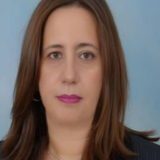 Dr Thomais Rousoulioti, Aristotle University, Greece
Dr Thomais Rousoulioti, Aristotle University, Greece
Dr Thomais Rousoulioti is a Lecturer at Aristotle University in Greece. Her research interests include Education for Sustainable Development, gender equality, cultural studies, multilingualism and inclusion and applied linguistics.
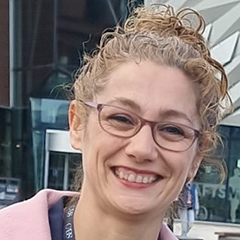 Dr Sirvan Karakis, Coventry University
Dr Sirvan Karakis, Coventry University
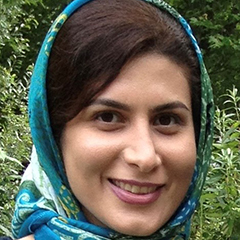 Dr Somayeh Pouransari, University of Hertfordshire
Dr Somayeh Pouransari, University of Hertfordshire
Dr Somayeh Pouransari is a Senior lecturer in Human Resource Management and Information Systems at the University of Hertfordshire. Her research interests include Education for Sustainable Development, gender equality, HRM and digital literacy.
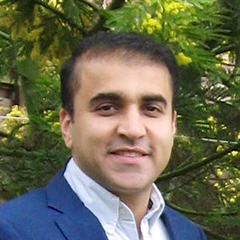 Dr Reza Naji, University of Hertfordshire
Dr Reza Naji, University of Hertfordshire
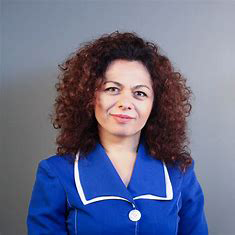 Dr Mirela Alhasani, Epoka University, Albania
Dr Mirela Alhasani, Epoka University, Albania
Dr Mirela Alhasani (Dubali) is a Senior Lecturer of (English) Linguistics and Politics at the Centre for European Studies, at Epoka University in Albania. Her research focuses on Education for Sustainable Development, the linguistic educational transformation of developing democracies, gender equality, inclusion, EU language politics, and applied linguistics.
 Dr Irini Papakammenou, University of Staffordshire
Dr Irini Papakammenou, University of Staffordshire
Dr. Irini Papakammenou is a Lecturer at University of Staffordshire. Her research interests include Education for Sustainable Development, cultural studies, inclusion and applied linguistics.
QAA supports a number of projects every year, covering a range of topics and interest areas. Each is led by a QAA Member, working in collaboration with other members institutions. You can find more information on all projects, and access resources and outputs, on our website.